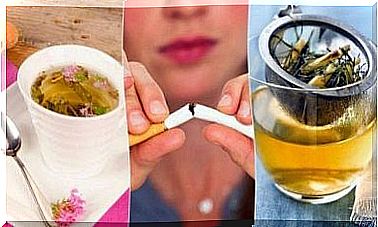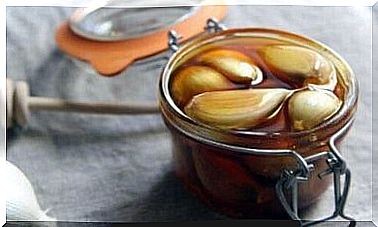This Is How You Can Protect Your Blood Vessels
In order to be able to protect your blood vessels, you only have to turn a few adjusting screws. We’ll explain which ones they are.
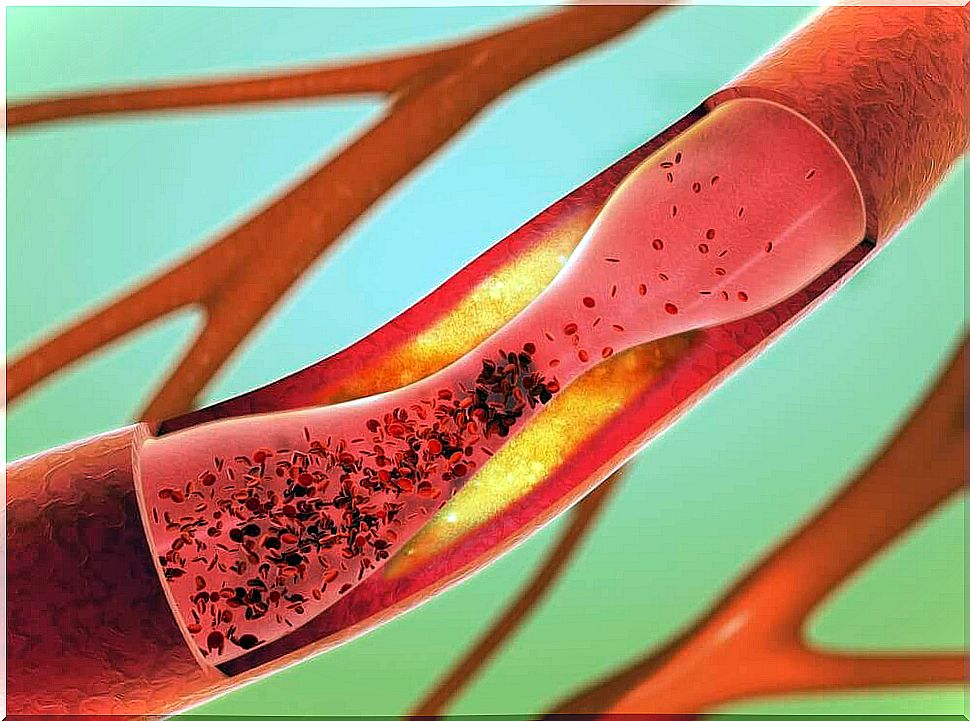
If you want to protect your blood vessels, there are a few things to consider. We explain to you which behaviors and eating habits are important to achieve this.
Why should I protect blood vessels?
You should protect your blood vessels because their job is to supply your body cells with blood around the clock. In it, they then provide oxygen and nutrients so that your body functions smoothly and can keep you alive and well.
So you should protect your blood vessels and pay a little more attention to them. Different foods can help you with this. It’s not as complicated as it sounds, we’ll explain it to you!
It is important to prevent high cholesterol levels and thus arteriosclerosis (“hardening of the arteries”). It also makes sense to keep the blood vessels stable and elastic.
High blood pressure should also be avoided, as it puts a lot of strain on the blood vessels and can lead to small cracks. The following foods will help you:
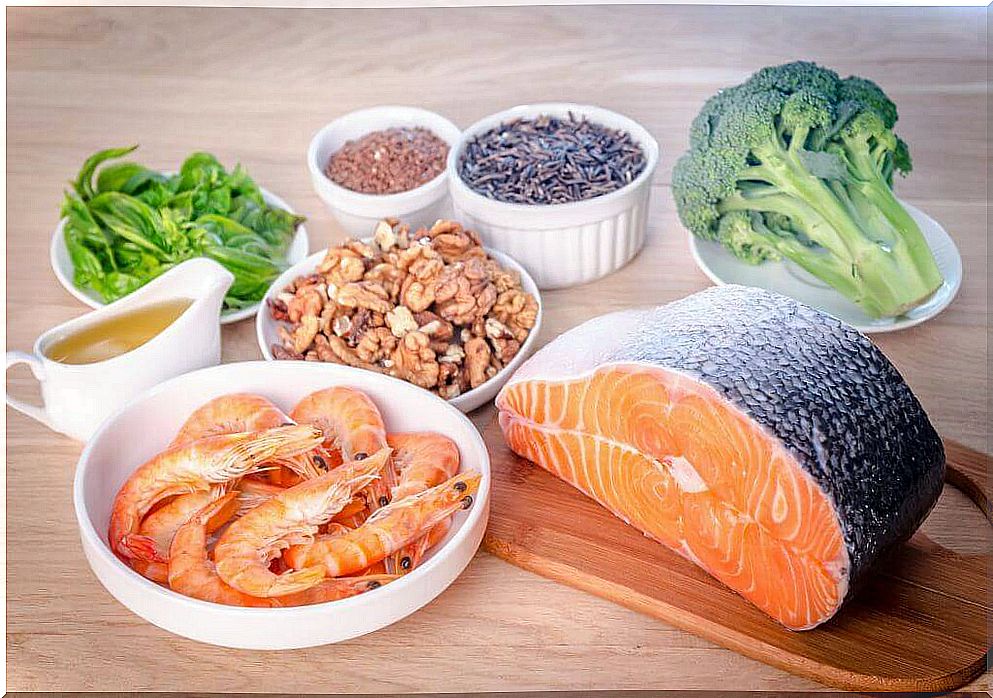
Omega-3 fatty acids
The “healthy omega-3” is contained in all vegetable oils and improves the flow properties of the blood. It also lowers blood pressure and lipids, which is why it can prevent hardening of the arteries and protect blood vessels.
The higher the proportion of omega-3 fatty acids and the lower the proportion of omega-6 fatty acids, the more optimal the oil. The ratio of omega-3 to omega-6 should not be more than 1: 5 in order to keep the cardiovascular risk low.
The “healthy olive oil”, highly praised by good marketing, comes off surprisingly badly at 1:11: it has an unfavorable ratio of these two fatty acids.
Local linseed oil has the highest omega-3 content (1: 4)! If you don’t like the intense taste, you can also use rapeseed oil (1: 2) (or walnut oil (1: 6) or soybean oil (1: 7)), which are much healthier in their fatty acid proportions than the widespread sunflower oil (1: 122! !!), corn oil (1:54) or peanut oil (1:32) – oils that are often used in gastronomy because they are cheap and highly heatable.
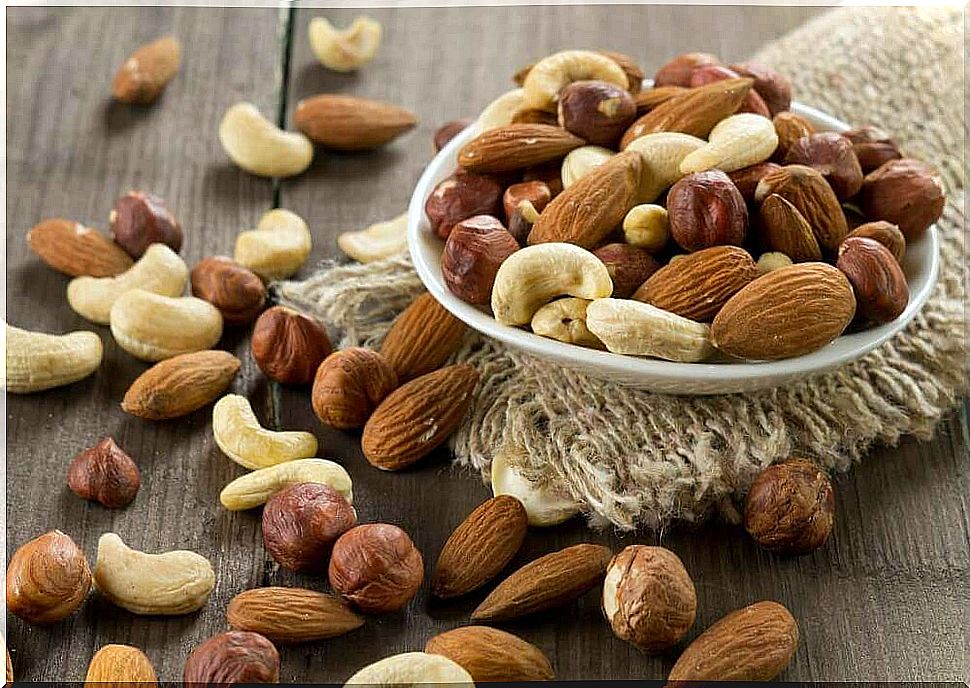
Nuts, seeds and kernels
What are the good oils pressed from? Right, made from nuts and oil seeds. Just under 70g of nuts per day lower the cholesterol level in the blood by up to 7% !
This is due to the many unsaturated fatty acids contained in nuts and oil seeds. Flax seeds and walnuts are particularly valuable here, peanuts or sunflower seeds are less recommended because their fatty acid ratio is not optimal.
sea fish
Fish is healthy, no question about it! But there are fish that are healthier than others! The healthy thing about fish is the omega-3 fatty acids, which are good for the heart and protect your blood vessels.
The fatter the fish, the more it contains. But which fish are fat? Quite simply: the colder the water it swims in, the fatter the fish!
Salmon, mackerel, herring, and halibut are good examples. Fish from warm waters have few such fats and therefore also a low content of omega-3 fatty acids.
One example is the cheap edible fish catfish or pangasius, which unfortunately are included in more and more ready meals and are being offered on the fish menu by more and more restaurants.
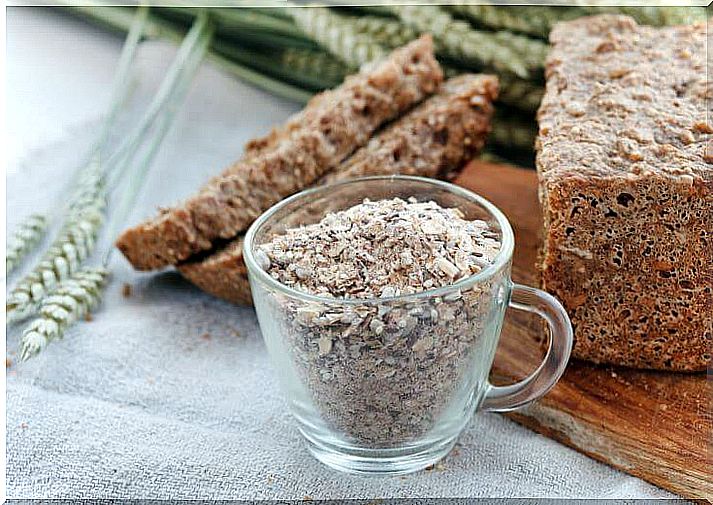
Fiber
Fiber is very effective against high cholesterol. Studies have shown that when a high-cholesterol meal is followed by a high-fiber meal, the increase in blood cholesterol was significantly lower.
The roughage works in the intestine like a kind of “cleaning column”: it cleans the cholesterol that is still attached to the villi from the previous meal before it gets into the blood and transports it towards the toilet bowl.
Specifically, this means: the more fiber you eat, the less cholesterol actually gets into your blood!
garlic
The white tuber has a blood circulation-promoting effect. It keeps the vessels elastic and healthy and can thus also protect the blood vessels.
If you don’t like the taste (or smell) of the white tuber, you can use garlic extracts in pill form. Its ingredients can actually have an antibacterial effect and also prevent the formation of blood clots (thrombi).
There are many studies on lowering blood cholesterol, all of which suggest that garlic has the ability to lower blood lipid levels.
It is important to distinguish between two things: blood lipid levels and LDL cholesterol. According to study results, garlic is indeed able to lower total blood lipid levels, but not those of the “harmful” LDL cholesterol!



